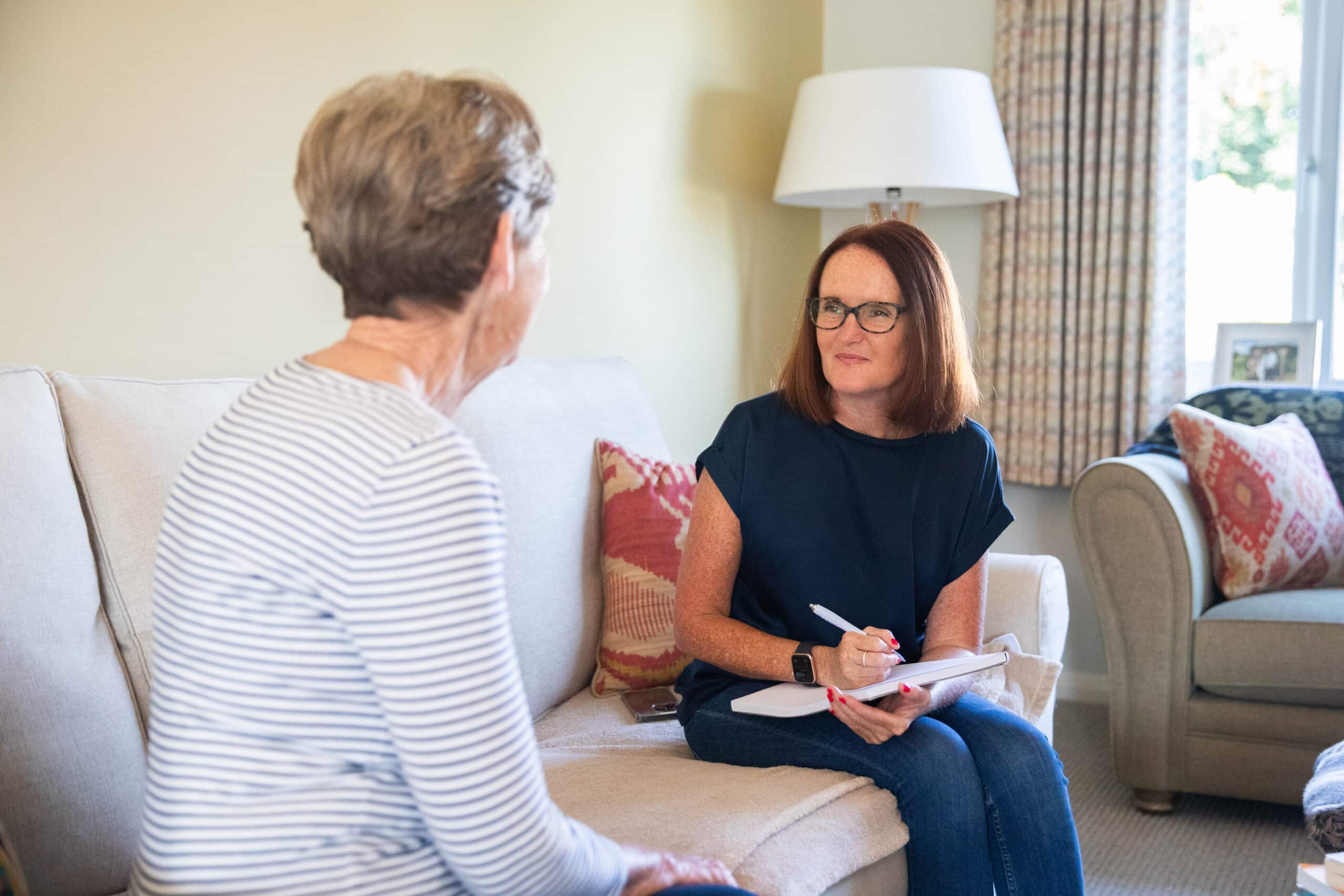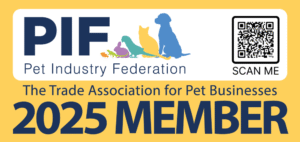This month marks 15 years since I first went freelance.
Starting out on your own is scary, and to say running your own business is a rollercoaster doesn’t even begin to describe it!
Since 2006, when I left my staff job, there has been huge changes in the media, my business and my personal life.
Lots of lessons have been learned, some good, some bad, and in this podcast I’m going to explore 15 of them.
It’s in the hope that you will find them helpful, it’s warts and all, and I hope it will help you avoid some of the mistakes I have made.
You can listen in on the player link below or continue reading as a blog post.
1. Being self employed isn’t for everyone
You are part of that five per cent of people who are self employed, who don’t have a boss telling them what to do and who have to figure it out for themselves.
You don’t know where the next pay cheque is coming from or what is round the corner and it does take a certain person to work on their own.
If you’re reading this, I’m guessing that’s you, so first, hats off to you for having the guts to do it in the first place.
2. You have to put faith in yourself
I was on a hen do 15 years ago when I made my decision to quit my job. It had been brewing for a while and I was unhappy.
An event made me vow that I would go it alone. You may have had similar. At that moment you put your faith in yourself and that’s a huge thing to do.
I was scared, but I did it anyway. Sometimes, as George Michael said, ‘You’ve gotta have faith.’
The worst that can happen is it doesn’t work out and you get a job. But what if it does work out?
3. Social media isn’t everything
When I first went freelance in 2006, Facebook had been created but it was only used by people at school and university.
I didn’t set up a personal profile until 2007, and a business profile until 2009. Instagram hadn’t even been invented, that came about in 2010.
And Twitter was in its infancy. Instead, my work came from word of mouth, calling, e mailing and visiting editors.
When I left my job, I would regularly go to London and meet new potential clients.
If you’re thinking of going self employed, going to see people face to face who can help you will make an impression.
4. Determination is key
You have to be determined to make your business work. It was EASY in the early days, budgets were there, there was loads of work.
But in the last 15 years the media landscape has changed and to survive it’s meant I’ve needed to be determined to keep going, and not go back to a regular job.
When I first left my job, I saw myself as a reporter, not a marketer, book-keeper, social media manager, HR person, IT person, publicist, and more.
The thought of having to do a podcast and blog each week, e mail marketing plus dozens of social media posts when I first quit would have sent me running to the hills.
If you want to make your business work, you will need to resilience and the ability to wear a lot of hats.
5. It’s ok to be you
I used to worry about my past working on the tabloids and what clients might think if they learned about the outrageous things I used to cover and do.
It held me back for years. I thought people wouldn’t want to work with me. Then I listened to a podcast with pet business coach Dominic Hodgson, and had a lightbulb moment.
I realised I had something people needed. I could help small businesses gain the confidence to deal with the media and put themselves out there.
It made me realise I needed to stop hiding away myself and just be me.
Not everyone will like you and that’s ok. Put your values and your ethos out there and the right people will be drawn to you.
6. Be generous and pay it forward
‘Don’t work for free’ is something that’s talked about a lot in journalism, and I won’t write for free as a journalist.
But I do a lot of other stuff for free, my publicity challenge, the weekly podcast, I go into groups and give guest expert sessions.
The thought of being seen as being precious with what I know or stingy fills me with horror.
While I can’t do people’s PR for free for them, but there’s a lot of guidance I’ve put out there that will help people get results.
7. Don’t put all your eggs in one basket
Five years into my freelance career, my biggest client, the News of the World, was shut down overnight during the phone hacking scandal.
They were the best payers at the time and I saw half my income vanish, so I learned not to put myself in that position again.
Try to build a range of clients and revenue streams, so if one stops, you’re not reliant on it and in a pickle.
8. Change can be a good thing
In 15 years I’ve been a freelance journalist, trained as a social media manager, launched a pet blog, launched a business blog and podcast, several online courses and a membership.
When I first left my job, I thought I’d be a writer forever.
I still write, but I’ve learned different ways of using the skills and experience I have to make a living.
It was only 12 years in that I realised I didn’t have a business, I was a freelance waiting for the phone to ring but when I switched, it made a massive change.
You have to keep moving forward because if you stand still you’ll get left behind.
9. Don’t be afraid to ask for help
For the first 12 years – yes 12 – I was on my own. It was only in November 2018 when I listened to Janet Murray’s podcast I realised support communities were out there.
I joined her membership, learned more about marketing, then very quickly signed up for coaching with her where I learned how to build an online business.
No way could I have figured that out on my own. Yes, you can learn anything you want on Google, but getting help from the right people will get you there faster.
It’s important to invest in your personal development and I try to keep track of what I spend each year.
The figures would horrify a lot of people, but I know I always make the money back and it’s important to continue learning and move forward. You will never know it all.
10. Build a community around you of people who have your back
There are loads of memberships, mentoring groups and communities you can join where you will get support.
You get fresh eyes on what you do, and people to lift you up when you’re struggling and celebrate your wins with you.
I became part of these and created one myself and think it’s vital to invest in your business development.
11. Work with people who value you and who share your values
For many years I would work for anyone and everyone and in journalism you’re often told how lucky you are to have work.
That was ingrained in me right from when I started out as a trainee back in 1999. About 80 people applied for my job.
When I first started working with small businesses I would work for anyone who asked, but now I try to be more choosy and gravitate to people who get what I do and who value me.
Relationships and nurturing them is so important too. A few weeks back, an old colleague from 20 years ago was guest editing on a new news site for dog owners.
Because we’d kept in touch, it meant she contacted me and I was able to put forward about a dozen clients with ideas which resulted in loads of brilliant coverage.
12. Learn how to spot red flags
I once wrote a press release for a client. She hated it and refused to pay me.
We’d already had a few free meetings. I spent a morning with her chatting and then sent her the release. She didn’t like it and said she wasn’t going to pay the invoice.
It left me feeling like crap, but over the years I’ve learned to listen to my intuition and spot red flags. I still get burnt but I’m getting better!
13. Don’t be afraid to do things differently
It took me ages to figure out I could offer coaching and training for small businesses so they could learn to do their own PR.
I thought it was a case of your do PR for people which I didn’t want to do, or stick to journalism. But I’ve been able to have the two ‘hats’ running together and it works.
My programmes are different to others in my space at they’re all taught live and I’m constantly adapting and updating them.
If someone told me even three years ago I would be doing what I’m doing now with the podcast and the programme I would have laughed in their face.
14. Take time off for the things that matter
You have to be really motivated and driven when you run a business and I’ve said many times I would rather work 60 hours a week for myself than 35 for anyone else.
But there are times when you have to stop for the things or people that matter. The first time was when my dad was diagnosed with terminal cancer in January 2016.
Everything stopped so I could be with him and support my mum. I told my clients who I knew well and turned off social media, my e mails and only answered my phone to friends and family.
The same happened when my old dog Daisy was diagnosed with dementia in January 2018 and a brain tumour a couple of months later.
I’d just moved to the North East and I remember one of my editors Jane saying, ‘Why don’t you take a month off to be with her,’ and I’m so glad I did.
15. You’re the captain of your own ship
The seas will be rough at times but you are in control of your life. You can say no to things, and you can adapt and change.
The word ‘pivot’ has been overused in the last year, but what I love about running my own business is that you can turn on a sixpence at any time and do what you want.
If you want to put my prices up, take the week off, spend a load of money on a new business coach or completely change direction, you can.
Conclusion
Working for yourself is tough, but reflecting on the last 15 years does show there’s a lot to be thankful for.
Do you have any lessons you’ve learned you’d like to share? Message me on social media @rachelspenceruk. I’d love to hear your thoughts.
If you’re interested in raising the profile of your pet business, here are some episodes you might find helpful.
How to write a press release for your pet business
How to pitch to a podcast
How to pitch as a guest blogger
Join my free Facebook group: https://www.facebook.com/groups/publicitytipsforpetbusinesses
Join the Free Publicity Challenge: https://publicityforpetbusinesses.mykajabi.com/PublicityChallenge














